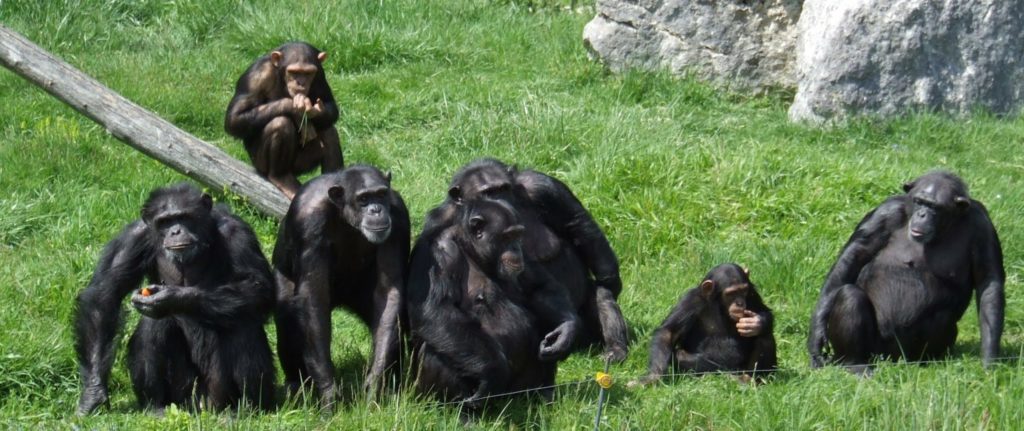World Animal Day and Human Exceptionalism
Crossposted at National ReviewOctober 4 was World Animal Day. Good news: The event was not steeped in “animal rights,” as one might expect, but animal welfare.
That’s important. The former is a misanthropic ideology that invents an explicit moral equality between humans and animals based on the ability to feel pain (painience).
Animal rights leads to despicable advocacy of the kind PETA once promoted in its Holocaust on Your Plate campaign equating meat eating and owning a leather sofa with the treatment of Jews in the Holocaust. Vile. Disgusting, but alas, typical of PETA.
In contrast, animal welfare is consistent with — and arises out of — human exceptionalism. We are the only known moral species in the universe. Only we truly understand right from wrong and good from evil.
Treating animals humanely is one of our essential duties precisely because we understand that animals are not inanimate but have emotions, can suffer, and experience pain. Of course, they are amoral beings and owe no duties to each other or us.
Thus — and ironically — even animal rights advocacy demonstrates the reality of human exceptionalism because it posits a moral obligation upon us to be radically self-sacrificial in our handling of animals — for example, becoming vegan even though we are natural omnivores. Ask yourself: What animal would forgo its natural food for a moral purpose? Obviously, none.
Look at it this way: If being human in and of itself isn’t what gives us the duty to treat animals humanely, what does? The answer is nothing — which, it seems to me, proves that we are exceptional.
